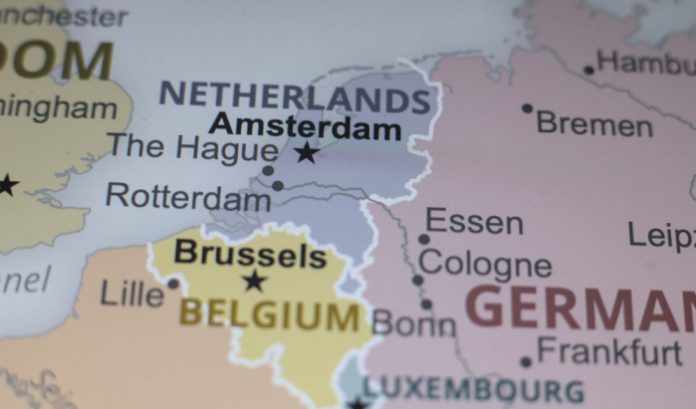New restrictions on betting and gaming advertising came into effect over the weekend in Belgium and the Netherlands, as the 1 July implementation date for reforms passed.
In Belgium, the new regulations will impact all aspects of advertising, including a ban on sports sponsorships. The only operator not affected by the ban is the Belgian National Lottery, which has been made exempt due to its charitable contributions.
Government figures have been instrumental in introducing reforms in both countries, these being Belgium’s Justice Minister, Vincent Van Quickenborne, and the Netherlands’ Minister for Legal Protection, Franc Weerwind.
Van Quickenborne first introduced the Royal Decree to ban all forms of gambling advertising in May 2022, likening gambling to ‘the new smoking’, whilst Weerwind’s reforms were unveiled in July 2022.
Belgium will be much more far reaching, effectively ending all forms of betting and gaming advertising, including sports sponsorship. The ban was confirmed back in March 2023 when published in the government’s official gazette, with the final obstacle cleared last week when a Brussels court ruled against the concerns of betting and sporting stakeholders.
Some in sports have been critical of the proposed ban since Justice Minister Van Quickenborne first introduced the Royal Decree in May 2022. The bulk of Belgian Pro League teams have sponsorship deals with betting firms, and there are concerns about loss of revenue.
Van Quickenborne has been undeterred by such concerns, however, arguing that the ‘normalisation and banalisation of gambling’ via advertising must end.
Although still far reaching, the Dutch betting ban is more lenient than its Belgian counterpart. In a reminder to the industry on 1 July, the Dutch Gambling Authority, the Kansspelautoriteit (KSA), outlined the scope of the changes.
Essentially, operators will be unable to advertise on TV, radio and in newspapers and magazines, whilst advertising in ‘public spaces’ – such as billboards and bus shelters – and in buildings accessible to the public, is also prohibited.
The latter provision includes advertising in gaming casinos, slot machine arcades, cinemas and cafes. However, marketing in ‘the online gaming environment’ can continue, as well as general online, direct mailing, on-demand TV and social media advertising, albeit under ‘strict conditions’.
The KSA reiterated to operators that the purpose of the ban is to protect vulnerable groups, including young adults, against gambling addiction. Restrictions also extend to recruitment activity, which ‘should not reach’ minors, young adults or vulnerable groups, a policy which the KSA has been visible in enforcing, such as against Holland Casino.
With the ban now in force, the KSA states that it is ‘actively monitoring’ how the new rules and obligations will be applied in practice.
The Authority’s statement read: “Should this lead to further interpretation or clarification of the rules, the sector will be informed in good time.
“The KSA warns permit holders not to push the boundaries. If the KSA encounters obvious violations, it will immediately take enforcement action.”
As in the case of Holland Casino and other operators, the KSA has been active in enforcing official licensing requirements via the use of fines. For example, the KSA fined bet365’s Hillside New Media Malta €400,000 for directing advertising and bonuses to young adults.
However, when enforcing the newly imposed advertising ban, the KSA may not employ fines, at least not immediately. Responding to House of Representatives questions last week, Weerwind emphasised the use of ‘invisible measures’.
He explained to parliamentarians: “In order to achieve this, invisible measures, such as norm-setting talks, are often more effective than imposing a fine. Which of course does not alter the fact that violations can be punished in the form of a fine.
“It is up to the KSA to decide what the most appropriate intervention is, whereby obvious violations are of course dealt with more strictly.”
In contrast to Belgium, the Dutch ban will also impact the lottery sector, however. Nederlandse Loterij has already found itself under the regulatory spotlight for advertising, such as when its Loto NL brand was hit with a €10,000 fine for advertising to minors.
Although initially more limited, the Netherlands may catch up with Belgium over the coming years, with Weerwind’s 2022 proposals including a planned phase out of sports sponsorships by 2025.




























